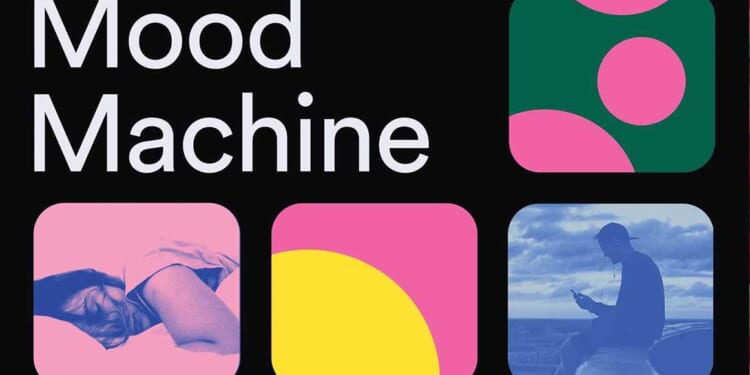Critiques of technology often downplay, deny, or ignore the advantages that tech firms offer to their users. Take Mood Machine, Liz Pelly’s book assailing the audio streaming giant Spotify.
Some of Spotify’s practices, well-explained here, are aggravating. There is a growing reliance on stock “chill” sounds that may have been generated by AI. Sometimes the system feeds tracks to you largely because the owners agreed to smaller payouts. Users might not love how much optimized data about their interests are sold to marketers.
And yes, one can muse philosophically about how “authentic” an engagement with new music is when algorithms feed it. But this Spotify user is highly impressed at how well the streamer collates new-to-me music I value. Musicians who sold control of their recording rights to a label are understandably annoyed at the specifics of how poorly they’re recompensed by users playing their songs. But the ease and depth of discovering, hearing, and organizing your music Spotify provides is staggering.
Pelly is a progressive. She cheers for unions; she muses about big social changes that she thinks would let more people make or appreciate music unmediated by corporate power; she celebrates public libraries running their own local streaming services, even when they pay artists just $100 a year to license an album. She grants on the very last page that “universal access to music matters,” yet her book won’t acknowledge that Spotify has come the closest to that of any human invention in history, even if listeners benefit more than musicians.

















